Sorghum is mostly cultivated in Kharif and rabi seasons in India. Maharashtra ranks first in the production of sorghum grain crop. The production of grain sorghum is higher per hectare in kharif season than the rabi season, because during kharif season there is occurrence of rain. So, the water availability is more as well as the climate is warm and humid which is good for sorghum growth. Similarly agricultural universities also developed several hybrid genotypes, which yield high-level grain production.
During last decade the kharif season sorghum is often vulnerable and the grains gets deteriorated due to mould attack becoming red or black grains because of the occurrence of rains during kharif season. During rainy season water accumulation occur in the glumes, which dissolve the pigmented material and spread over all grains. Moist condition supplements various types of fungus growth as well in the grains. Therefore, such type of sorghum grains become unfit for human consumption. This results into the loss of income from sorghum to the farmers.
ABOUT THE AUTHOR U.D. Chavan
Dr. U. D. Chavan received his Ph.D. degree in Food Science from Memorial University of Newfoundland St. John’s Canada in 1999. He as done International training on “Global Nutrition 2002” at Uppsala University Uppsala, Sweden in 2002. He also attended follow-up International workshop on “Global Nutrition 2002” at Hanoi, Vietnam in 2002. Dr. Chavan visited Denmark, Finland, Ireland, France, Switzerland, Poland, Spain, Vietnam, Thailand, England, and U.S.A. under “Global Nutrition 2002” Programme sponsored by Swedish International Development Agency (SIDA). During this programme he worked on human nutritional diet and disorders as well as on genetically modified organisms (GMO). He has published more than 108 research papers and 70 popular articles in various fourmals of national and international repute. He has authored eighteen books in Marathi, three books in English and eight book chapters in English. He has been awarded “Literary Award” for his best book on “Growth Regular” on agriculture during 1997. Dr. Chavan was selected as a best group leader and best presentation for “Global Nutrition 2002” by SIDA. He has been awarded “Life Time Achievement Award 2004” for his outstanding contribution in post-harvest technology of fruits and vegetables and allied fields by United Writers’ Association of India.

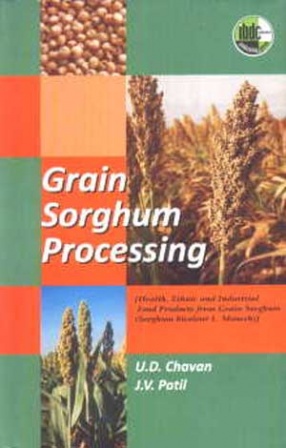
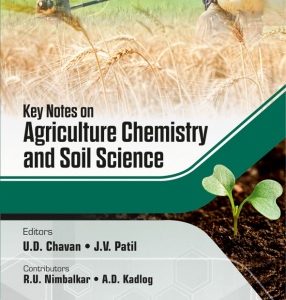
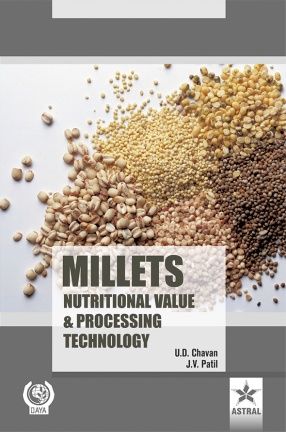
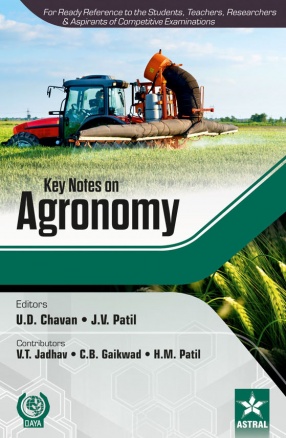
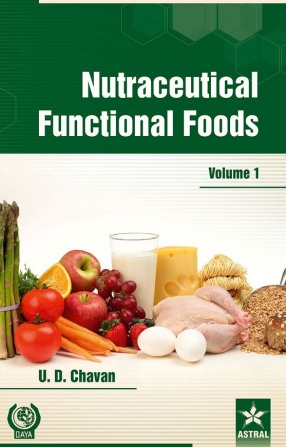
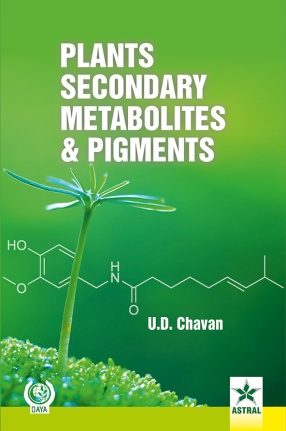
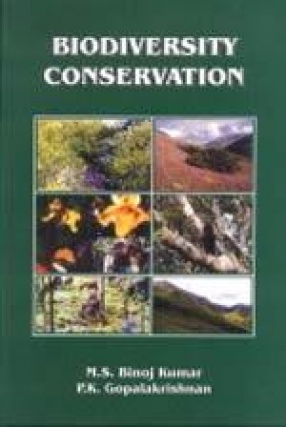
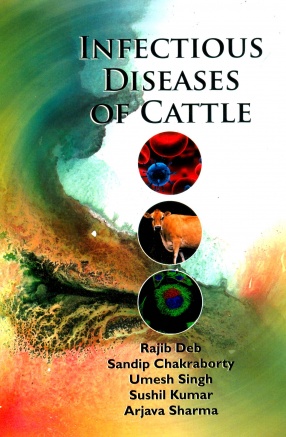
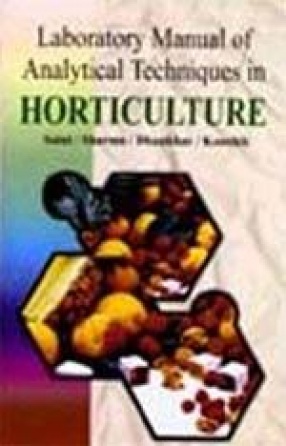
There are no reviews yet.